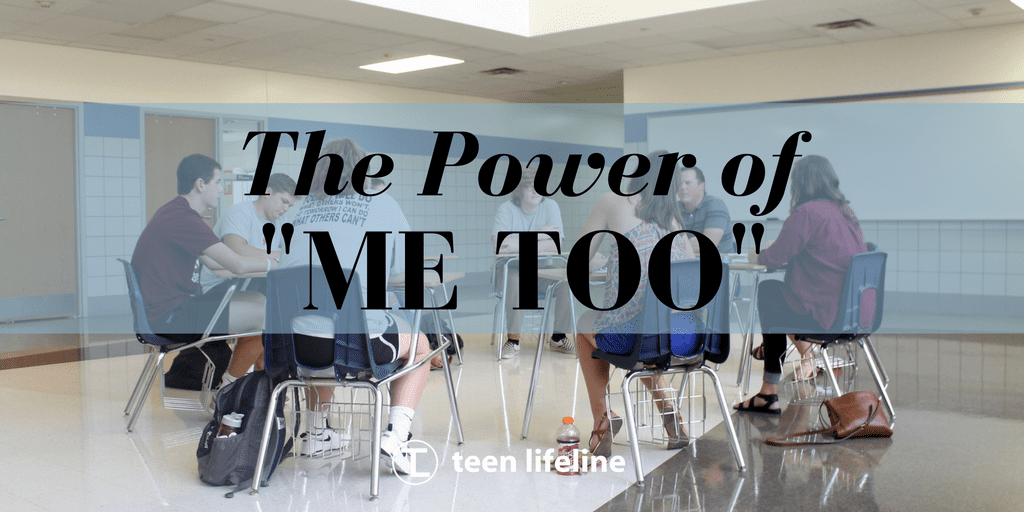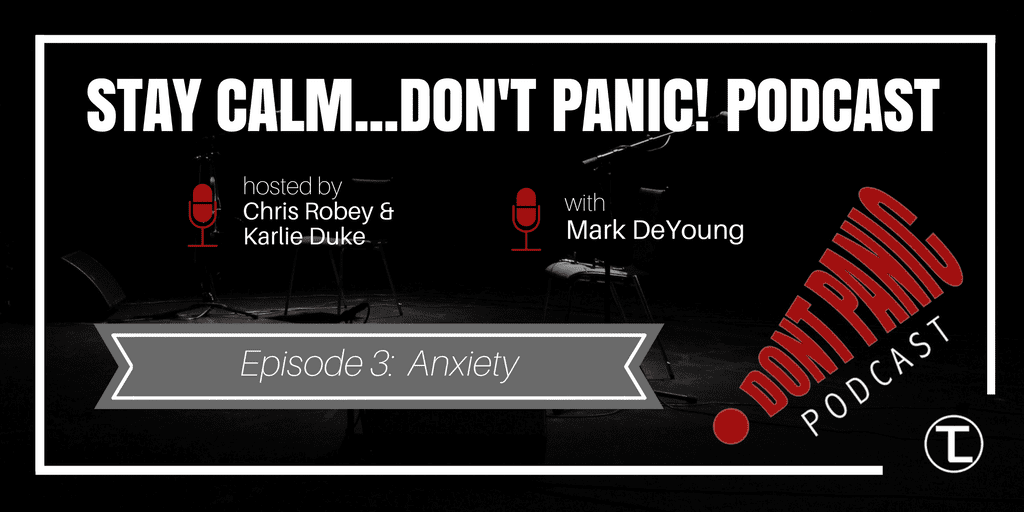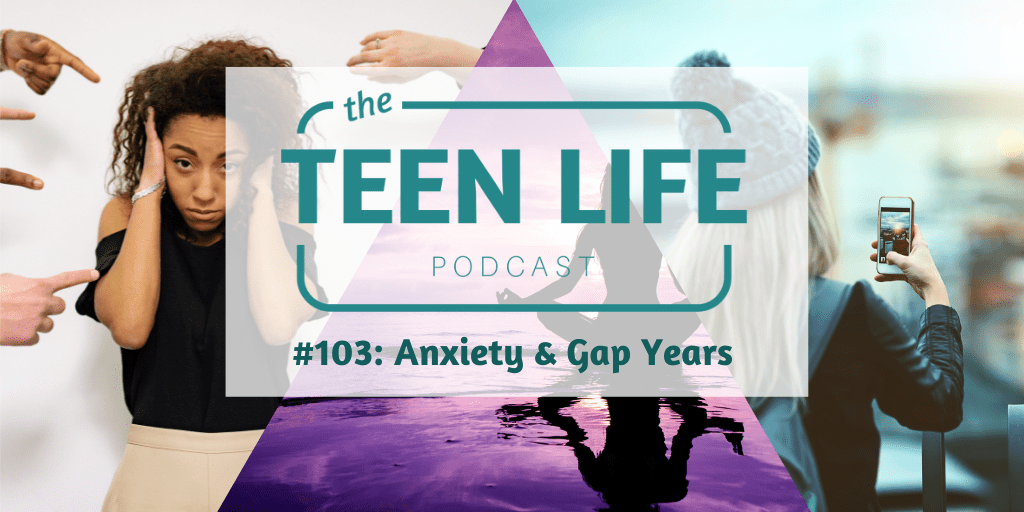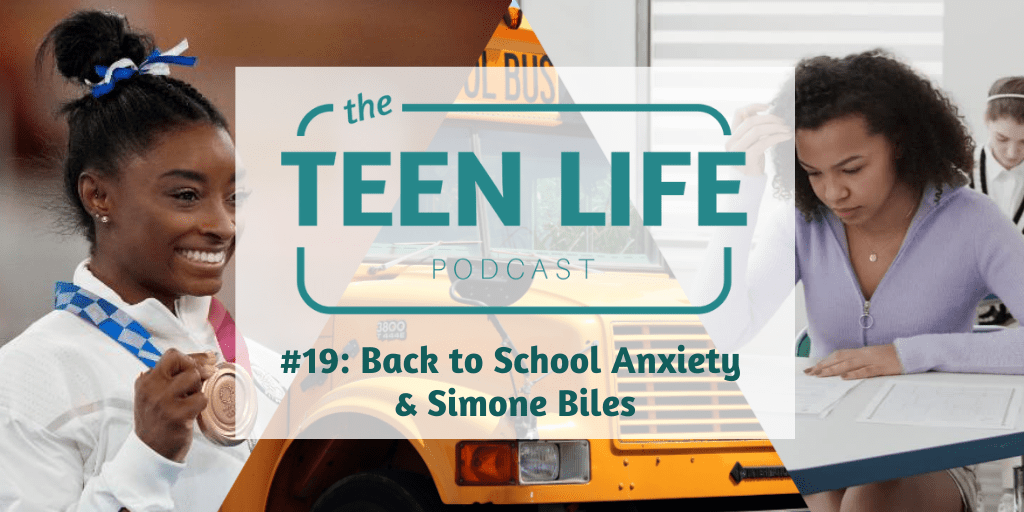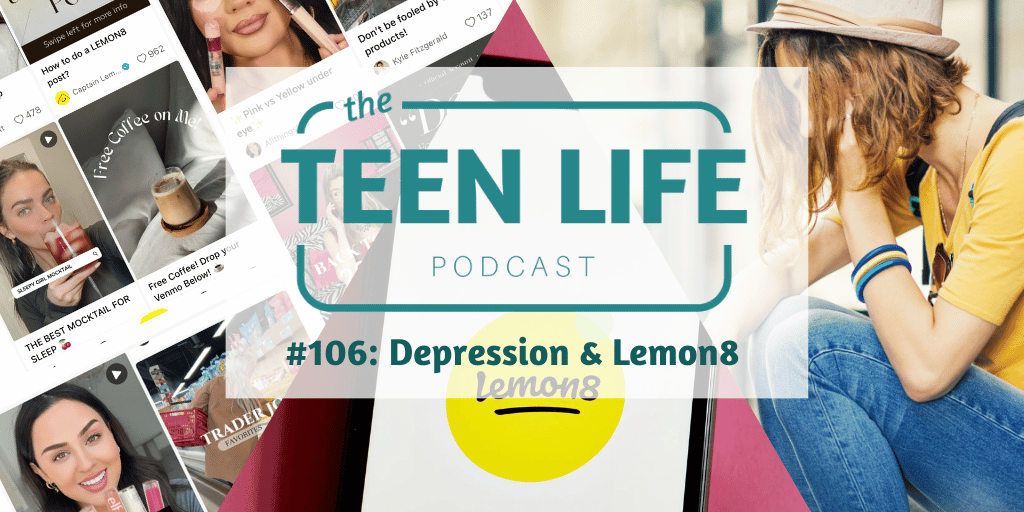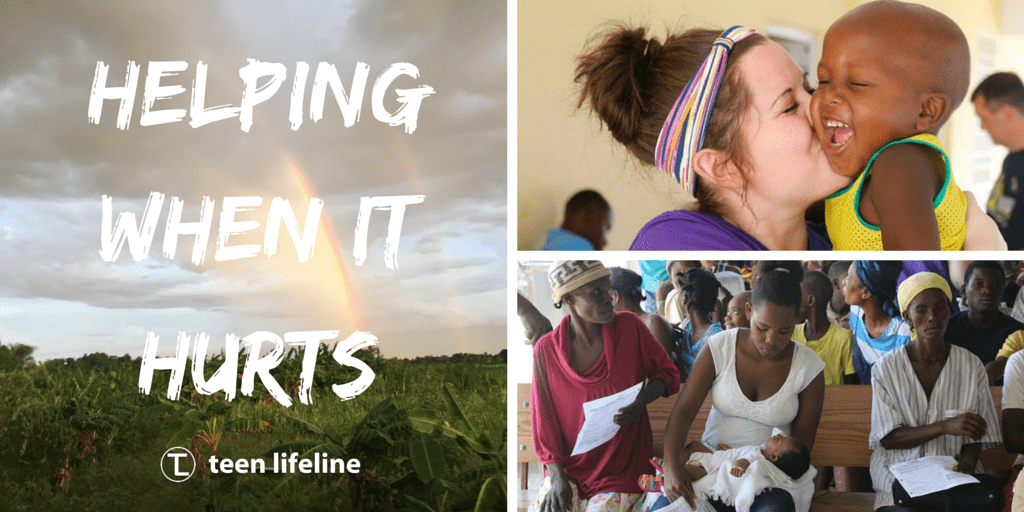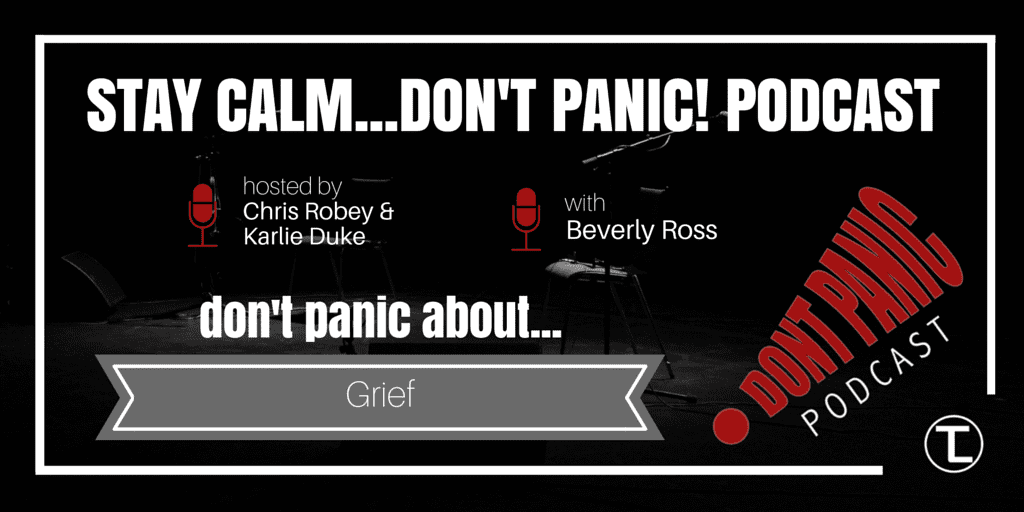As a teenager, there are few things greater than Summer Break – no school, getting to sleep in, more time with friends, days by the pool or at the lake, family vacations, snow cones, and fewer rules.
Wait, fewer rules? How does that make sense?
Unfortunately, as teenagers gain more free time in the summer, many are also held to lower standards, fewer boundaries and later curfews. As someone who works with students in the school year, who hears about their wild weekends, and crazy summer stories, please don’t make it easier for your child to get into trouble.
Summer is fun (and it should stay that way), but fun doesn’t mean that you stop parenting. Summer is the time when you need to be even more on guard! As the parent (or friend, coach, youth minister, mentor) of a teenager, it is your job to help them set their boundaries, manage freedom and make good decisions. Teenagers will resent boundaries and probably even fight you, but in hindsight, they want and need you to set rules (we’ve written about this before here).
To set healthy boundaries, try some of these principles this Summer!
1. Be aware of their location at all times.
I’m not necessarily saying you have to track them by GPS, but set a standard where they will call or text you before they change locations. It can be a simple text, but it let’s you know what they are planning and forces them to think through a plan and communicate that to you.
Are they going to a friend’s house for the afternoon? Great! Are they leaving to grab a sonic drink? Sounds good! Finally on their way home? See you soon!
Hopefully this is an easy boundary and one without much push-back from your teenager. I encourage you to present this as a way to communicate with your teen and not as an I’m-always-watching-you rule. Knowing their location gives you the opportunity to ask follow up questions when you see them – to ask about the friends they are with, where they ate and what they did for fun. It also shows that you care enough about them to ask those questions. And that makes more of a difference than you know!
2. Set a curfew and stick to it.
What time you set their curfew is entirely up to you, and maybe you want to make it a little later in the Summer, but don’t get rid of curfew altogether just because school is out! Maybe they have the same curfew until they graduate, or maybe the curfew starts at 10 and is moved to midnight as they get older. You know your child and what they need best!
It is important to set a curfew before it ever becomes an issue. If they show up 2 AM and you haven’t talked about a curfew, you can’t logically get upset – you should have set the precedence beforehand! This principle is good for you and them. If they are out past curfew and have followed the first principle, you should know where they are and who to call to find them.
Another part of this is to stick to the curfew, especially if they ask to spend the night somewhere after they have already left the house. You know the rules and boundaries of your house, but not every parent or house holds their kids to similar standards. If teenagers know that they can change plans on their parents at a moment’s notice, they will ask to spend the night at that friend’s house after they have gotten drunk because they know those parent’s won’t care. Or they’ll get high in the bedroom of another friend because their parents never come upstairs to check on them. Don’t give them an excuse to do something stupid and not come home!
3. Enforce an “accountability rule.”
You can tailor this rule to fit your family and what makes you comfortable. For my family, I had to kiss my mom every time I came home, even if she was already asleep. I didn’t understand this “rule” until later when I realized that she was making sure I didn’t come home smelling like alcohol or drugs.
I would say that my parents trusted me in High School and their actions showed that, but they also were smart enough to set up some guidelines that would hold me accountable.
Maybe you make them wake you up when they get home to make sure everything is okay, or maybe you are a night-owl and want to stay awake until they walk through the front door. Whatever rule you set, find a way to hold your teenager accountable!
4. Keep conversation open.
While boundaries and rules are good for teenagers, so is healthy communication with their parents! If you want to keep your teenagers safe, the best way to do that is to be aware of what is going on in their life.
If you already talk to your teenager regularly and share life, keep doing that! If you don’t talk and don’t know where to start, read this blog on how to get the most out of your teen and the conversations you have. You can keep the conversation open by listening well, asking good questions and remaining invested in their life.
5. Be cool without being too cool.
Be a place where your teenager and other teenagers feel like they can come for a good time and a listening ear. If you are worried about the rules of other households, become a house where teens want to be but that will also be safe! Bake cookies, grill out, let them have game nights. Open up your house to be a place where they can gather without needing alcohol or drugs.
Also, it is important to be a safe place for your child and others to come talk and share life. If your teen starts telling you about what’s going on at school or the trouble some friends are getting into, don’t panic! Keep the communication lines open and be there to ask good questions. Stay cool, calm and collected but don’t be “too cool” to set rules and boundaries for your children.
